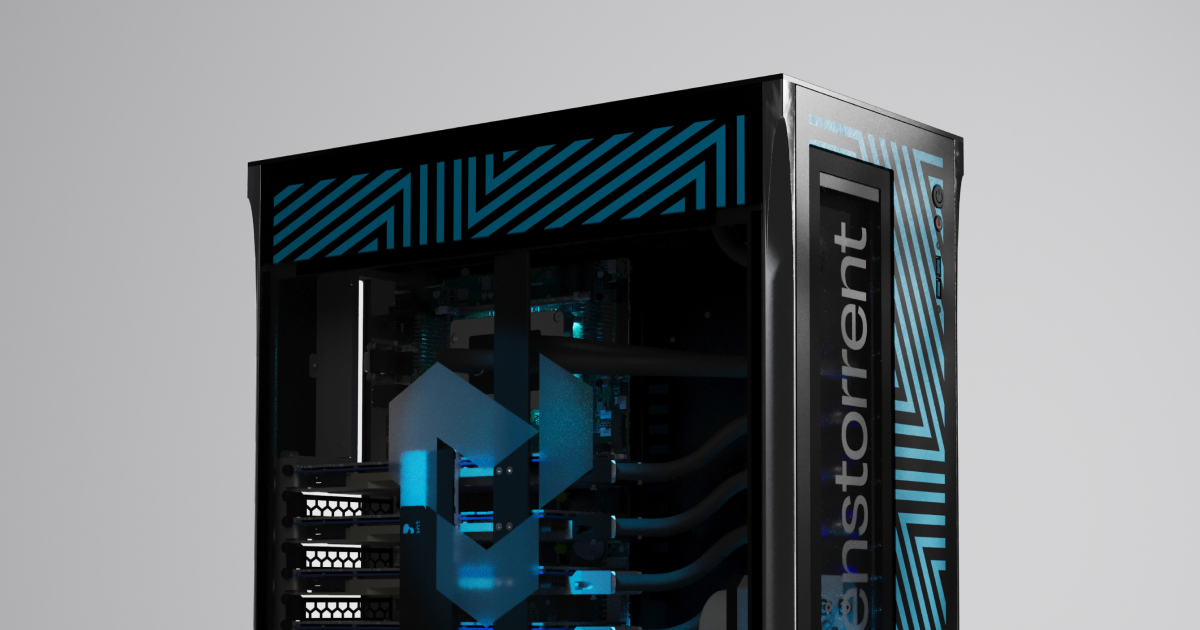
Credit: Tenstorrent
Ex-Intel lead silicon engineer Jim Keller says Intel may not make as much money as it used to earn historically, but selling the company or some of its businesses is not a way to unlock shareholder value, but rather a fire sale of a company that has high chances to prosper. Jim Keller, a legendary chip designer and now the chief executive officer of Tenstorrent, a promising AI processor developer, took to Twitter to express his views on the latest news of a potential split or sale of Intel.
"You build value by having a great goal and a team that loves working to the goal," Keller wrote in an X post. "Intel built the fastest CPUs on the best process [technologies]. This [Handling Intel's businesses to third parties] is not unlocking shareholder value, it is a fire sale. It makes me sad."
"[…] I think a great Intel is worth $1 trillion. Seems a little careless to throw it away," he added later.
The latest rumors indicate that Broadcom could be interested in taking over Intel's products business, whereas the Intel Foundry unit could form a joint venture with TSMC or even with a conglomerate involving TSMC, Broadcom, Qualcomm, and other companies that would inject money into a new independent chipmaker.
One commenter in the thread suggested that a better outcome for Intel would be to become a private company with the help of American investors, fire the current board of directors, and then take the time to reinvent Intel.
"It would be hard but doable," Keller wrote in another post. "Humans are amazing when they have a great goal and a team they believe in."
The current U.S. government will unlikely support Intel's fabs being run by TSMC or other foreign entities, even though the Trump administration encourages domestic manufacturing. However, if Intel gives up its own manufacturing, it will not only cease to be an integrated device manufacturer (IDM) but also lose one of its strong points: complete control over products and their manufacturing. Also, it's unlikely that TSMC and other potential investors will be tremendously interested in investing in Intel Foundry, which bleeds money as it has yet to land orders from major companies.
However, companies with deep pockets, such as Broadcom, could take over Intel's products division to gain CPU capability and world-class product design teams. However, a change of Intel ownership automatically terminates the company's broad cross-licensing agreement with AMD. This means the new entity could lose access to innovations developed by AMD and shared between companies as part of their broad cross-license agreement unless a new agreement is inked.

